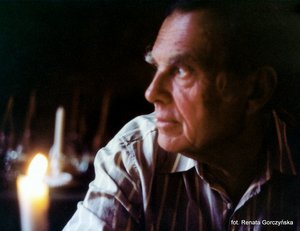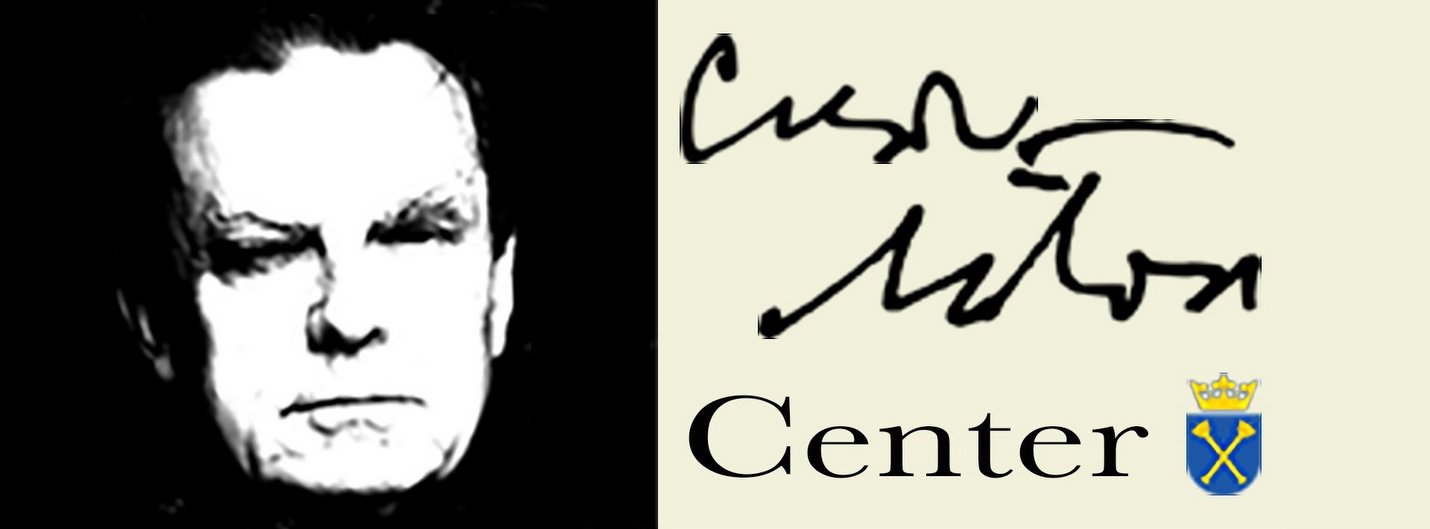
International Symposium on the work of Czesław Miłosz on the fifteenth anniversary of Miłosz’s death, Cracow, October 3–4, 2019
From the perspective of over a dozen years that have passed since the death of Czesław Miłosz, his work increasingly gains historical significance. This means that his work moves toward the “closed” past but, on the other hand, this only supports its relevance. The conventional transfer of Miłosz to a “dawning” era also means a change in the interpretation of his work and an openness to new interpretations as part of the world cultural heritage. What seems to favor this shift is a greater community than ever before that gathers people around a similar fate, regardless of race, religion, culture, or the interdependence of events that simultaneously occur in different corners of the world.
These general statements conceal many problems, beginning with the issue of defining our current situation. We now witness another “l’accélération de l'histoire.” “Acceleration” here means an accumulation of processes that announce a qualitative change in global reality, and it simultaneously indicates the growing potential of technology as a vehicle for these processes. The troubles of liberal democracy, mass migrations, returns of long-gone ideologies, and similar phenomena reveal the naivety of the belief in “the end of history.” However, imagination’s potential to project the future is shrinking, while Ulrich Beck’s diagnosis about the post-utopian Risk Society, that is, a society thoroughly disappointed with all futurological speculation. This new situation enables us to look at Miłosz's work from a distance, while its more profound realization and attempts at a more detailed description open for us new perspectives of research. In relation to the global transformations that we witness, we may already say that numerous Miłosz’s diagnoses prove surprisingly accurate. However, we do not mean a superficial actualization of his ideas, but rather a rethinking of the various themes of his work in the light of current challenges. What we deem particularly noteworthy are those threads that jointly convey a comprehensive picture of global and local civilization processes, their mutual dependencies, and the tensions born in the field of these dependencies.


